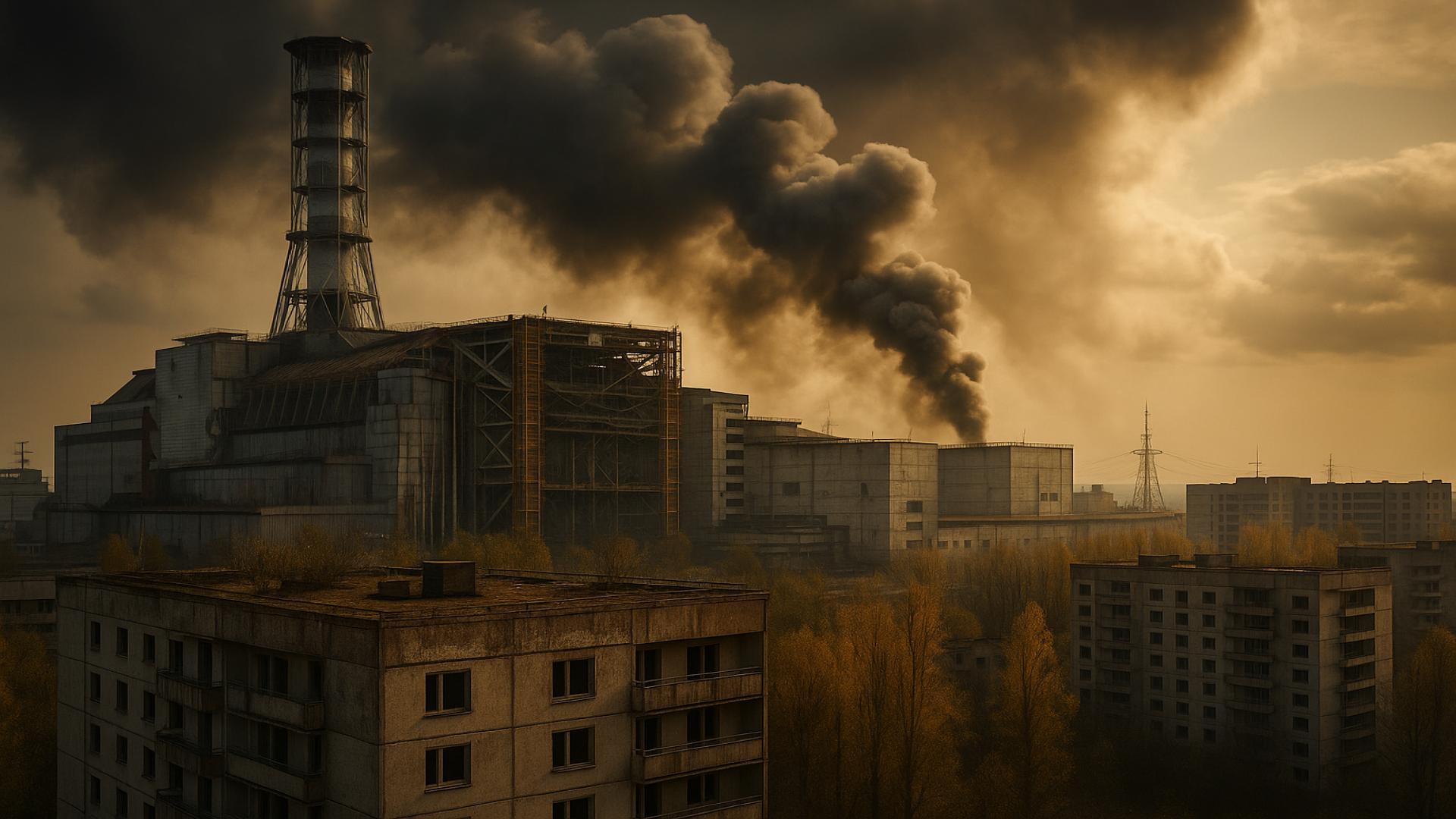7. The Soviet Cover-Up

In the days following the explosion, Soviet authorities downplayed the severity of the Chernobyl disaster. Vital information was withheld from both citizens and the world, echoing other infamous cover-ups in history. International outrage grew as radioactive fallout was detected abroad, forcing the Soviets to finally admit the truth. This secrecy fueled global mistrust and highlighted the dangers of suppressing critical information (via NPR Report).















